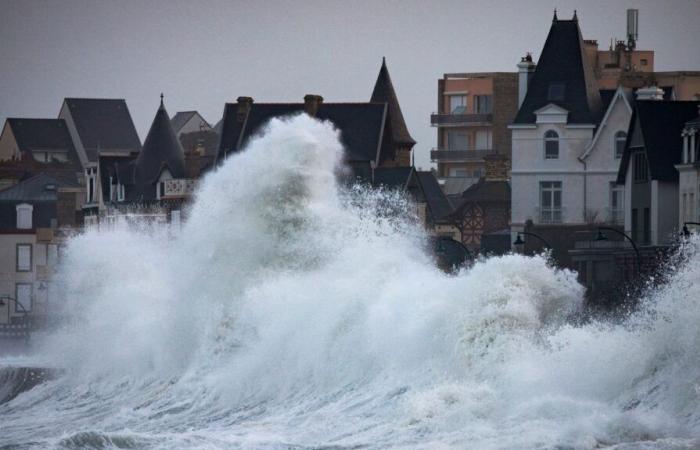Drought, heatwave, flood, storm, marine submersion. SMEs and mid-sized companies are on the front lines of climate change. However, their leaders still feel little concerned,
franceinfo: According to a study by the Public Investment Bank, the vast majority of owners of SMEs and smaller companies seem not to be really concerned by possible adaptation to climate change?
Sarah Lemoine : The proof is that the Public Investment Bank had great difficulty carrying out its investigation. Out of 65,000 questionnaires sent this summer to managers of SMEs and mid-sized companies (ETI), it only obtained 380 responses, despite reminders. “This is the lowest number ever obtained in 10 years,” says Philippe Mutricy, the director of studies. This lack of interest ultimately finds an explanation through the meager results. Adaptation to climate change is considered important but not strategic by two thirds of respondents, much more focused on market risks, cybersecurity or geopolitical conflicts.
However, a third of the SMEs and mid-sized companies surveyed have already been affected by a climatic hazard?
Yes, 34% of them, some more than five times in 10 years. Either directly, with damaged equipment. Or indirectly, when a supplier is affected, for example, and the supply chain is interrupted. However, climate change remains perceived as a danger, which will eventually happen, but later. In 10 years for some, in 20 or 30 for others.
More than half of bosses today believe that their company is poorly exposed. In the end, only 16% carried out a formal vulnerability diagnosis. The other adaptation actions undertaken are less structuring: the installation of air conditioning, which also emits a lot of greenhouse gases, technologies to save water or the adjustment of working hours.
Do SME and ETI owners know about the support systems?
62% of respondents say no. However, the key is really the diagnosis of vulnerability, and the concrete action plan, underlines Philippe Mutricy. To help them, BPI France and ADEME will launch a tool, at the beginning of 2025, to carry out these two operations. Furthermore, a map of the different risks, by territory, by 2030, is available on the BPI France Lab website.
Related News :
